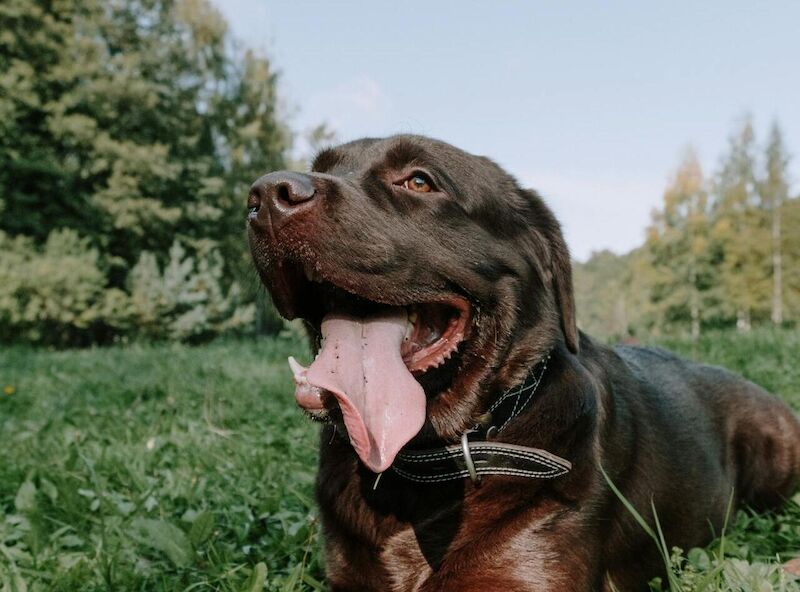
As the UK faces rising summer temperatures, many Labrador owners are asking: how hot is too hot for my dog? Labradors are an active and resilient breed, but they are not immune to heat-related risks - and owners need to take care in warm weather.
In this article, we explain how temperature affects Labrador Retrievers, signs of heat exhaustion, and when it' s simply too hot for your Lab to be outside - including a simple safety guide you can refer to during any heatwave.
Why Heat Is a Risk for Labradors
Labrador Retrievers have dense double coats designed for insulation - which helps in winter but can work against them in hot weather. Unlike humans, dogs can' t sweat through their skin. They rely on panting and limited sweat glands in their paws and nose to cool down.
That means in hot, humid, or poorly ventilated conditions, Labradors can quickly overheat, even if they seem energetic at first.
Safe to Unsafe Temperature Guide for Labradors
Here' s a quick-reference chart showing general temperature guidelines for Labradors. This applies to average adult Labs in normal health. Always consider your own dog' s age, weight, and activity level (more on that below).
🟢 Safe | 🟠 Caution | 🔴 Dangerous
| Temperature | Risk Level | Notes |
|---|---|---|
| Up to 20°C | 🟢 Safe | Ideal for walks and playtime. |
| 21–23°C | 🟢 Low Risk | Still safe, but monitor for signs of overheating if exercising. |
| 24–26°C | 🟠 Caution | Avoid intense exercise; keep walks short and shady. |
| 27–29°C | 🔴 Risky | Heat exhaustion becomes likely. Walk early or late only. |
| 30°C+ | 🔴 Very Risky | Avoid outdoor activity. Provide shade, fresh water, and cool flooring indoors. |
Factors That Can Change What' s "Too Hot"
While the chart above offers a general guide, what' s too hot for one Labrador may not be for another. Key factors to consider:
- Age: Puppies and senior Labradors are more sensitive to heat.
- Weight: Overweight dogs overheat faster.
- Coat colour: Black Labs absorb more heat from sunlight.
- Humidity: High humidity makes it harder for dogs to cool down via panting.
- Activity level: A dog resting in 25°C shade may be fine - but the same dog running in that heat could be in danger.
⚠️ Important: A Labrador can experience heat exhaustion in any temperature, even as low as 10°C, if they' re over-exercised or dehydrated.
Signs of Heat Exhaustion in Labradors
Look out for these warning signs if your dog has been outside in the heat:
- Excessive panting or drooling
- Glazed or unfocused eyes
- Weakness or collapse
- Rapid heart rate
- Vomiting or diarrhoea
- Bright red or pale gums
If you suspect heatstroke, move your dog to a shaded or cool area, offer small amounts of water, and contact a vet immediately.
Tips to Keep Your Labrador Safe During Hot Weather
- Walk early morning or late evening - avoid 11am–3pm
- Provide fresh water at all times
- Use a cooling mat or damp towel for your dog to lie on indoors
- Never leave your dog in a parked car - even for a minute
- Consider trimming (not shaving) long coat areas for airflow
- Use paddling pools or frozen treats to cool them down
Summary: Know Your Dog and Use Common Sense
Every Labrador is different, and there' s no one-size-fits-all answer to "how hot is too hot?". But as a rule:
- Anything above 24°C should be treated with caution
- Anything above 27°C should mean no high-energy activity at all
- And in extreme temperatures, keep your Lab indoors where it' s cool
Ultimately, your Labrador trusts you to keep them safe - so when in doubt, skip the walk, stay cool, and let them nap in the shade.